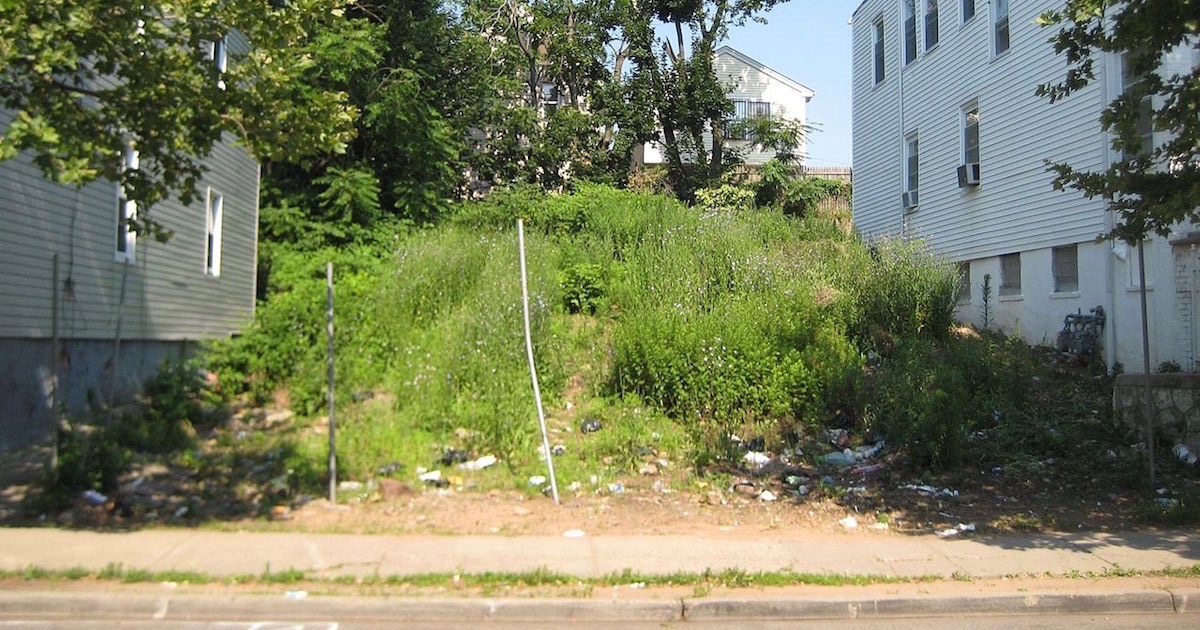 Education
Education
 Free Speech
Free Speech
 News Media
News Media
On Controversial Science, Skepticism Is Now “Social Deviance,” Skeptics Are “Weeds”

Our friend and contributor Denyse O’Leary has a sensitive ear. Over at Uncommon Descent, she notes some advances in the language used denigrate and thus intimidate skeptics when it comes to controversial science subjects. These are from academic and popular media sources. Of course, there is usual talk of “science denial” or better, “science denialism,” which makes it sound like a syndrome. I don’t recall coming across that precise formulation before. From the journal Studies in History and Philosophy of Science, Part A:
Science denialism poses a serious threat to human health and the long-term sustainability of human civilization. [Emphasis added.]
But here’s a totally new one to me. Skeptics are now social deviants. The journal Sociological Perspectives offers this from Joshua C. Tom of the University of Virginia:
Scientific communities maintain respected authority on matters related to the natural world; however, there are instances where significant portions of the population hold beliefs contrary to the scientific consensus. These beliefs have generally been studied as the product of scientific illiteracy. This project reframes the issue as one of social deviance from the consensus of scientific communities.
That kind of talk rings a bell. Where from? Right, as Wikipedia reminds us, besides Jews, Gypsies, and homosexuals, the Nazis targeted practitioners of social deviance: “‘Social deviants’ — prostitutes, vagrants, alcoholics, drug addicts, open dissidents, pacifists, draft resisters and common criminals — were also imprisoned in concentration camps.”
Or how about this from an article for Nautilus by Brian Gallagher that we discussed here already. Denyse notes their headline, which I hadn’t really thought about till she brought it up: “How to Weed Creationism Out of Schools.”
He endorses the idea that
the U.S. needs its prospective biology teachers to take a course specifically on evolutionary theory — which, by the way, is “so elegant that it can be stated in five words,” writes Anne Campbell, an English ethnologist and psychologist, “random genetic variation, non-random selection.” Learning this still isn’t a requirement, perhaps because most biology teachers receive degrees from non-research institutions, Berkman and Plutzer suggest, which often don’t have the resources to provide a course on evolution. Requiring it though would, for one, provide teachers “with more confidence to teach evolution forthrightly,” they write, “even in communities where public opinion is sympathetic to creationism”; and two, it would help weed out creationists who want to teach high school biology by either converting them or encouraging them to “pursue other careers.”
Look, I wouldn’t want my kids taught creationism either, but the idea of casting human beings as “weeds” has an unhappy history.
Planned Parenthood founder Margaret Sanger wrote in 1924, “How are we to breed a race of human thoroughbreds unless we follow the same plan? We must make this country into a garden of children instead of a disorderly back lot overrun with human weeds.”
Oh, and of course whenever you hear “creationists” described in these terms, you have to assume they are using the language generously to include anyone who doubts the thrust of orthodox Darwinism, including advocates of intelligent design.
Photo: Empty lot with weeds, by Timothy Shields [CC BY 3.0], via Wikimedia Commons.
